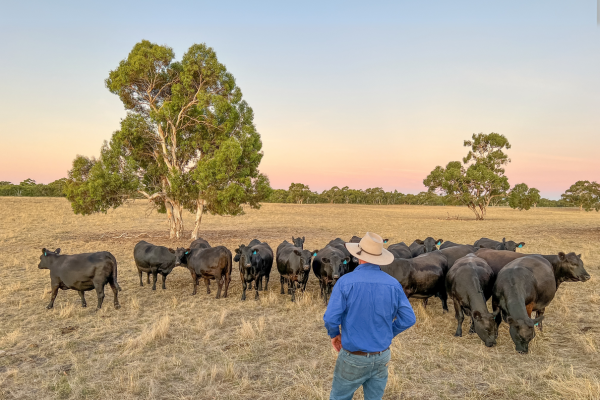
Seasonality is deeply engrained in the agricultural sector we all know and love.
Over the next few months many businesses will be seeking increases to their working capital facilities, re-prioritising capital expenditure decisions, and rationalising operating costs where possible. However, it is important to maintain a long-term view on your business, during which seasonal conditions will impact positively and negatively. Both business owners and financier’s need to recognize a ‘through the cycle’ earnings level for a business. This through the cycle view or year-in-year-out (YIYO) position as some banks refer to it, provides direction and perspective around the realistic seasonally adjusted earnings and associated debt capacity of a business.
In tougher seasons, the YIYO reaffirms that your business is robust and can support the debt increases required to continue. Of course, this does mean that provision should be made during the above average seasons, by repaying some debt or alternate mechanism to create ‘reserves’.
In tough seasons it is very easy to put ourselves into austerity mode, where we cut expenses, try to realise incomes sooner than what may be optimal, and put off capital expenditure which may be essential. Agriculture is a long-term play, and therefore we should be thinking about the austerity decisions pragmatically prior to implementation without adding unnecessary risk. For example, performing a debt review may reduce overall business costs more than what cutting the repairs and maintenance budget would achieve. This way you maintain the fleet is good operating condition (mitigating break-down risk) while achieving the objective of reducing overall costs.
Another theme which emerges during below average seasons, is a potential reluctance of farming businesses to perform a banking and debt review. I can understand that the reluctance stems from a perception that your current bank is best placed to assist you through the current season and the idea of potentially refinancing may be too confronting, particularly given the stress of the poorer season. It is times like this that you need more support from your bank and banker to ensure that you are provided adequate and timely working capital for next season, optimally structured and at the right price – hopefully you are receiving this support.
As family farming businesses enhance their corporate governance structures by the introduction of advisory boards, and other external advisory support, the finance piece should be no different. For many businesses the finance costs (interest and fees) would be the largest expense on the income statement. It is therefore critical that this expense is pro-actively managed to ensure it is not any more than it should be. The debt capital should also be structured to minimise holding costs (i.e. fees on undrawn debt) and facilitate optimal decision making.
An independent debt review periodically, provides you with the essential insights on whether your current bank is taking care of your business from a wholistic banking relationship perspective. The review is not performed with the intent of refinancing, it is performed to appropriately benchmark your current arrangement against the market. Until you choose to run a competitive tender process, you don’t really know if our current rates are competitive and if you are getting the right level of service for your business. If you feel your current bank is perhaps not performing at the expected level, a banking review and potentially refinancing should not be a confronting thought. With the right guidance and management through the process, it should be a seamless transition which delivers benefits to your business that didn’t exist before.
Our door is always open for an exploratory discussion - stay InTouch.
1300 746 866
hello@pinionadvisory.com